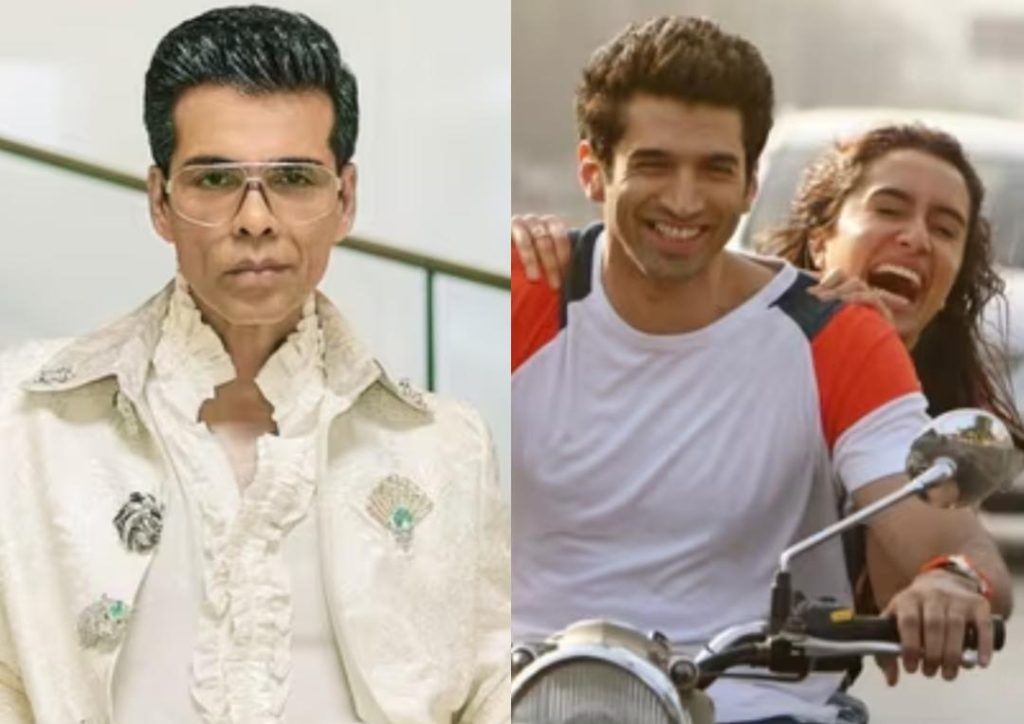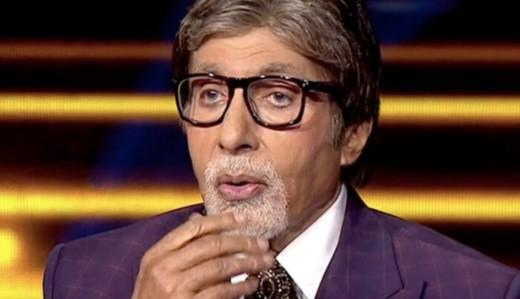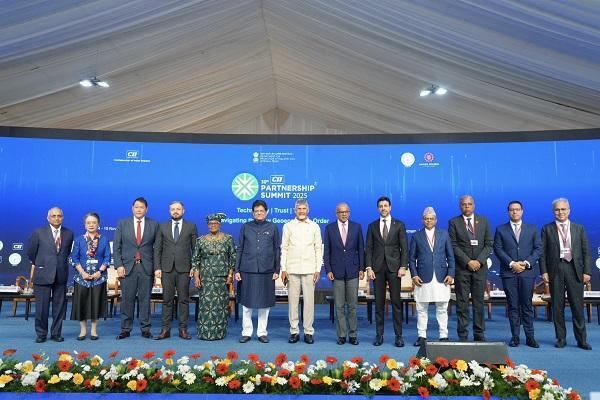
Title: I Knew It wasn’t the Right Move: Karan Johar on Making ‘OK Jaanu’
The world of Bollywood is often a minefield of risks and uncertainties, where even the most well-intentioned projects can end up being duds. For filmmaker Karan Johar, one such experience was the 2017 remake of Mani Ratnam’s Tamil classic, OK Kanmani. Titled OK Jaanu, the film starred Aditya Roy Kapur and Shraddha Kapoor, and although it received mixed reviews, it failed to leave a lasting impact on the audience. Recently, Karan Johar opened up about his reservations regarding the project, confessing that he had doubts about remaking the film from the very beginning.
In a recent interview, Karan Johar spoke candidly about his experience making OK Jaanu, revealing that he had misgivings about the project even before it went into production. “At that time, Aditya and Shraddha just had a hit, ‘Aashiqui 2’…And yet, in my heart, I felt that, ‘Should this film be remade?’…deep down, I knew it wasn’t the right move…and I didn’t act on it,” he said.
Karan Johar’s admission comes as no surprise, given the complex nature of remakes. When a filmmaker decides to revive a classic, they take on the responsibility of doing justice to the original, while also bringing a new perspective to the story. In the case of OK Jaanu, Karan Johar might have been enticed by the success of the original, but he seemed to have overlooked the fact that the Tamil film was a product of its time, with a unique cultural context and aesthetic that might not translate seamlessly to a Hindi remake.
One of the main issues with the film was its tone, which seemed to be stuck between being a romantic comedy and a serious drama. The original OK Kanmani dealt with themes of love, relationships, and social pressure, but it did so in a way that was both light-hearted and thought-provoking. The Hindi remake, on the other hand, struggled to find a consistent tone, veering wildly between slapstick humor and saccharine sentimentality.
Another problem with OK Jaanu was its lack of originality. Despite Karan Johar’s best efforts to update the story and make it more relatable to a contemporary audience, the film felt like a pale imitation of the original. The characters were paper-thin, the dialogue was clunky, and the plot twists were predictable. It was as if the filmmakers had taken a successful formula and tried to replicate it without putting in the effort to understand what made the original work.
Karan Johar’s regrets about making OK Jaanu serve as a reminder that even the most well-intentioned projects can go awry. As a filmmaker, he has a reputation for taking risks and experimenting with new ideas, but even he can’t always get it right. In hindsight, it’s easy to see that OK Jaanu was a misstep, a film that lacked the spark and imagination that defines Karan Johar’s best work.
It’s worth noting that Karan Johar has spoken publicly about the challenges of remaking a classic, acknowledging that it’s a daunting task that requires a deep understanding of the original material. In recent years, he has opted for more original stories, such as Ae Dil Hai Mushkil and Raazi, which have received critical acclaim and commercial success. It seems that he has learned from the experience of making OK Jaanu, and is now more cautious when it comes to remakes.
In conclusion, Karan Johar’s confession about having doubts about making OK Jaanu serves as a valuable lesson for filmmakers and audiences alike. Remakes can be a double-edged sword, offering the opportunity to breathe new life into a classic story while also risking the original’s legacy. As Karan Johar himself has shown, even the most well-intentioned projects can go awry, and it’s essential to approach remakes with a critical eye and a deep respect for the original material.






